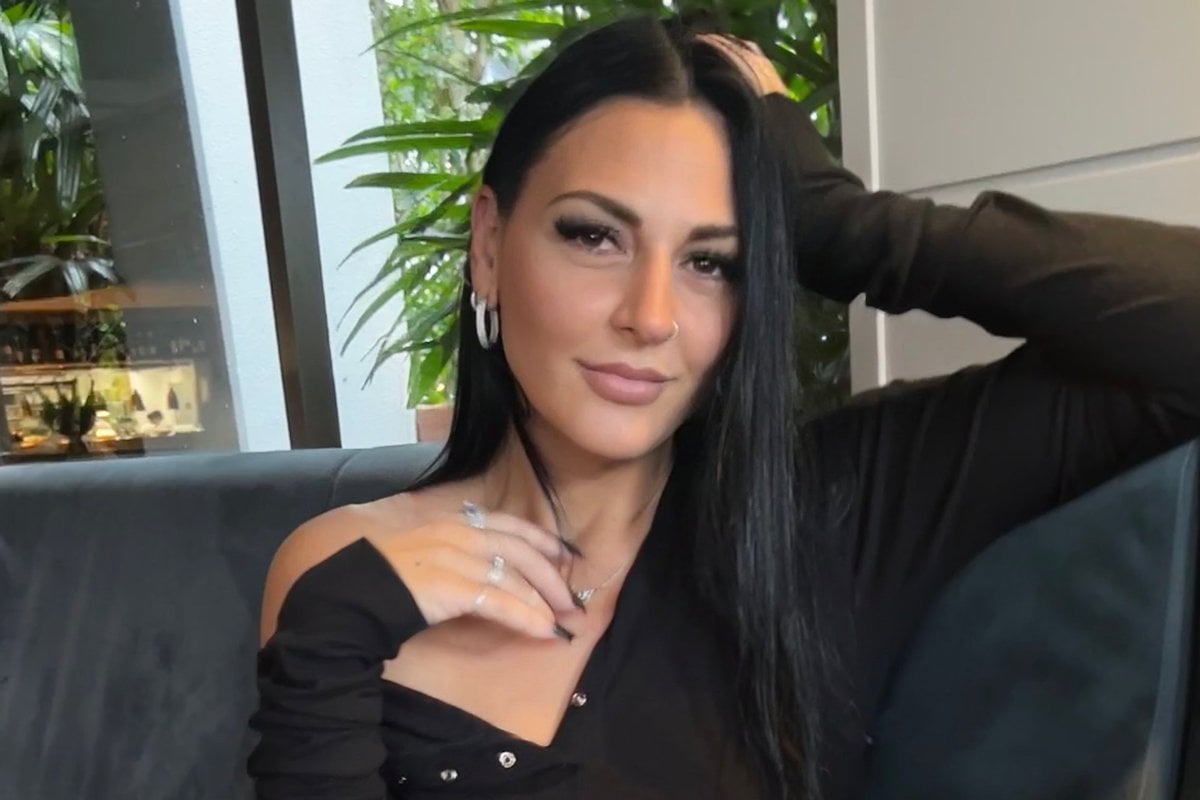
Missy Robinson is a cuddle therapist. Yep, you read that right. Missy's clients pay her to cuddle them.
"Cuddle therapy is the hottest trend in therapy sessions," says Missy. "It's the ultimate way to combat stress and anxiety."
Just as the title suggests, a cuddle session involves, well, cuddling. Clients range in both age and gender, and Missy stresses there is nothing sexual about the experience.
"It's a very vulnerable state," says Missy. "When you hug someone generally, it's usually not sexual. It's really about that intimacy and vulnerability, a platonic, completely objective environment."
Watch: A professional cuddler on what their job is really like. Post continues below.
What happens during a cuddle therapy session?
When a client first books a session, they have to sign a waiver which states that they're booking a non-sexual experience. They're also required to supply their contact information and driver's license.
The session always takes place at the client's home or place of work.
"If it's their first time, they're usually a little bit nervous. We talk about boundaries, what types of touch they are comfortable with. Some people don't want their hands touched, for example.





























































































